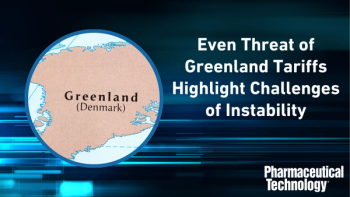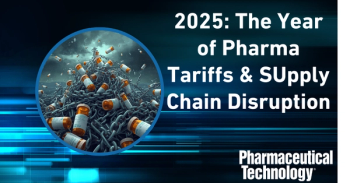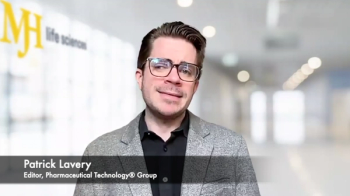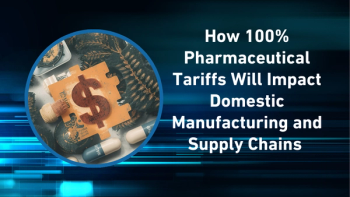
- Pharmaceutical Technology-06-02-2020
- Volume 44
- Issue 6
2019 Investments Centered around Cell and Gene Therapies
Previous investments set a foundation for later efficiency improvements.
In 2019, cold-chain service providers continued investments in platforms and services designed for gene and cell therapy clinical studies. Marken acquired a logistics firm in Japan, and expanded logistics operations in Philadelphia with a new GMP-compliant plant and liquid nitrogen storage facilities, says president Ariette Van Strien. The company also launched a new European Communication Center of Excellence based in Edinburgh to provide communication, monitoring and management to thousands of investigator sites daily, she says, and opened a new cold-chain refrigeration-equipped facility in Dublin, Ireland. In India, Marken’s Direct-to-Patient (DTP) distribution services are now actively delivering to and from patients in 94 cities, something that had not been permitted in India prior to the outbreak of COVID-19. However, given the critical need to keep patients in their clinical trials, the government has now permitted the service to proceed. Marken also introduced Smart Box packaging for temperature-critical shipments, says Van Strien.
World Courier introduced a complete cryogenic supply chain, which offers fully automated technology and temperature-controlled transport from the manufacturer’s location to a storage facility and then to each point of care in dry shippers.
Through a recent integration with the third-party logistics company ICS, World Courier can charge dry shipments across its network of more than 140 offices and depots, says Alex Guite, vice-president of services and alliances for World Courier.
Before the pandemic, Catalent had introduced solutions designed to enable greater flexibility and responsiveness to change, including demand-led and direct-to-patient supply programs, says Amy Lombardi, group product manager for Catalent’s clinical supply services. The company has been expanding its cold chain capacity for some time, especially in the Asia Pacific region, she says. “In the face of the COVID-19 pandemic, these services have proved to be important tools that allow customers to adapt their ongoing studies and keep medication flowing to patients, even when they cannot or will not leave their homes to visit a clinical site,” says Lombardi.
Almac made some important changes in 2019, in response to a spike in demand for end-to-end temperature-controlled programs, especially in relation to closing temperature data gaps that often exist at clinical sites, says Sharon Courtney, logistics services manager for Almac clinical services
“Although effectively managing and monitoring temperature during production, storage, and global distribution of clinical supplies can be achieved through appropriate facilities, monitors and shippers, it’s surprisingly common for temperature data visibility challenges when products arrive at sites. This can be largely due to a reliance on manual data capture that makes accessing records difficult, creating risk and leaving sponsors struggling to identify and adjudicate site-based excursions, assess any trends, maintain compliance and safeguard patients,” says Courtney.
In response, Almac recently launched a new module to its TempEZ platform (Site Storage Temperature Compliance) that plugs the data gap by digitalizing temperature management at site level to increase monitor data upload rates and promote compliance, without adding to the administration burden. A new European Campus in Ireland is designed to help sponsors grapple with the potential challenges of operating clinical trials in the European Union post Brexit, Courtney says.
Article details
Pharmaceutical Technology
Vol. 44, No. 6
June 2020
Page 48.
Citation
When referring to this article, please cite it as A. Shanley, "2019 Investments entered Around Cell and Gene Therapies," PharmTech 44(6)(2020).
Articles in this issue
over 5 years ago
What’s Next in Air Transportation for Clinical Trial Logisticsover 5 years ago
Generic Drugs in Spotlight as Pandemic Creates Shortagesover 5 years ago
Are We All In This Together?over 5 years ago
Following Guidelines During a Crisisover 5 years ago
Intelligent Packaging Promotes Interaction with Patientsover 5 years ago
Why Do Disinfectant Residues Matter?over 5 years ago
Formulating for Convenience and Complianceover 5 years ago
Reducing Risk with Abuse‑Deterrent Formulationsover 5 years ago
Better Connected: The Value of Connected Drug Deliveryover 5 years ago
A Strategic Shake Up in Europe’s Medicines SectorNewsletter
Get the essential updates shaping the future of pharma manufacturing and compliance—subscribe today to Pharmaceutical Technology and never miss a breakthrough.




